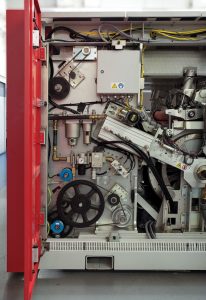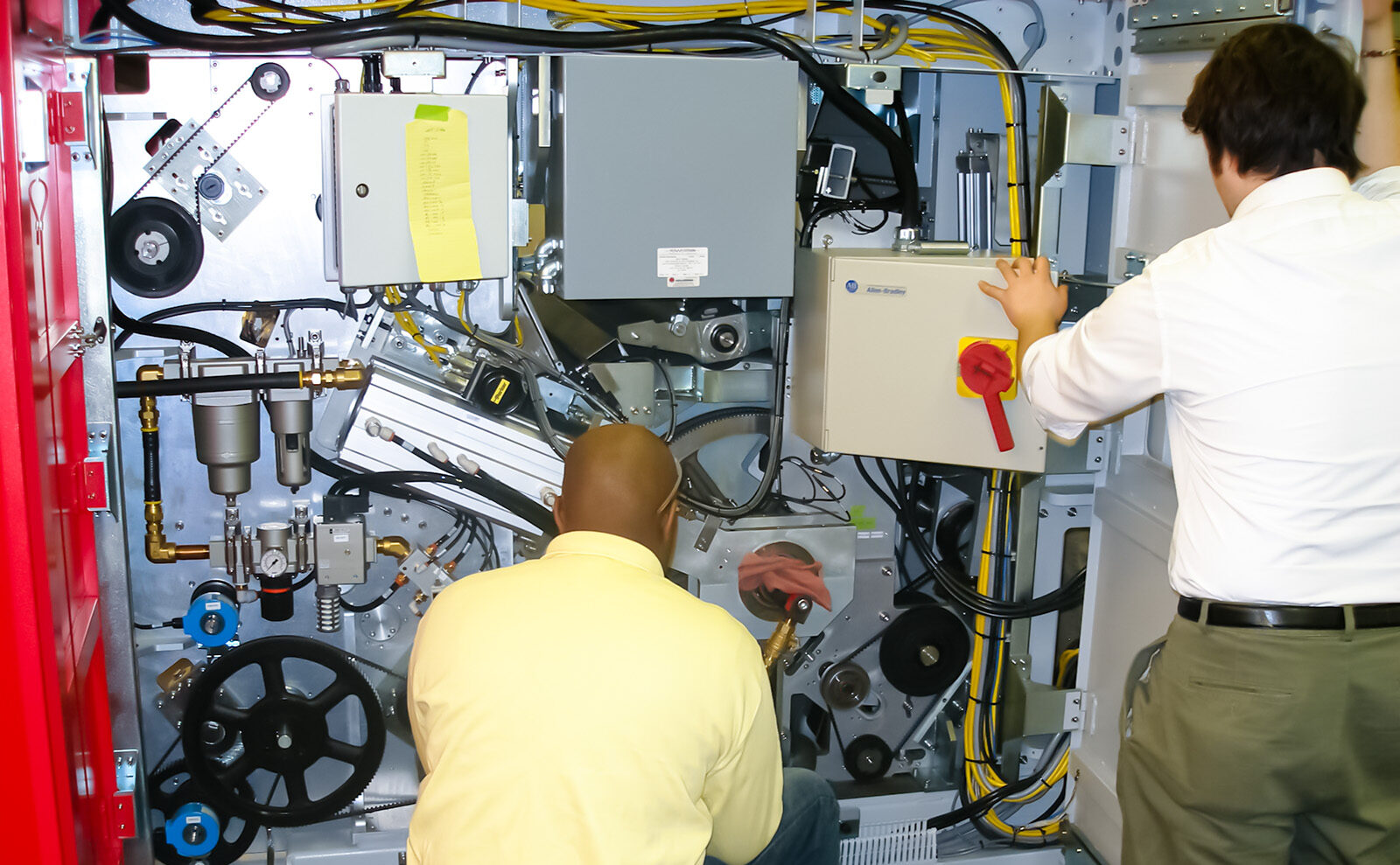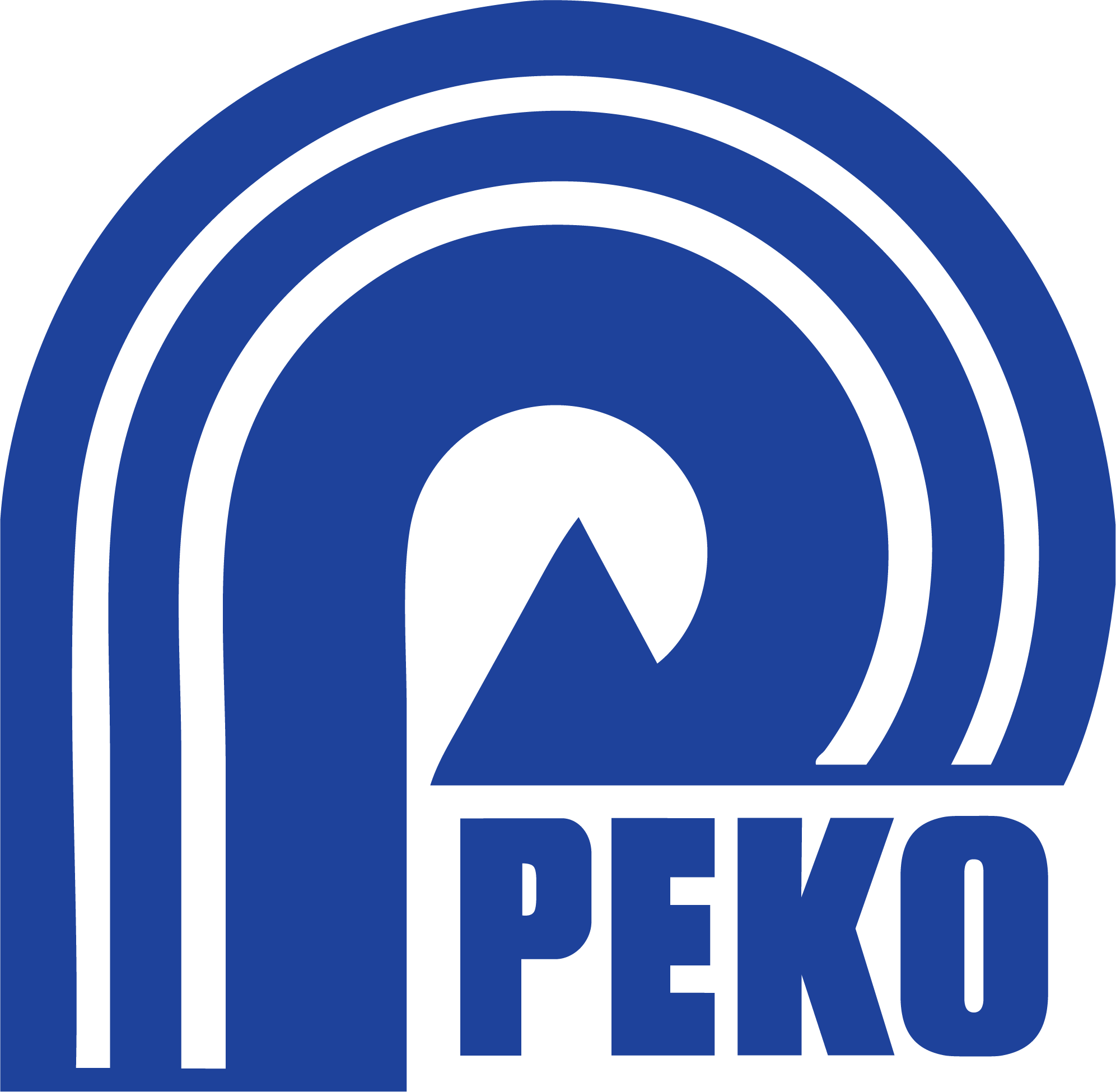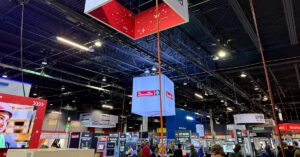
When OEMs outsource complex mechanical or electromechanical assemblies, the structure of the engagement is just as critical as the quality of the build.
At PEKO, we offer two flexible contract assembly models—turnkey assembly and consigned assembly—to give OEMs flexibility in cost structure, IP control, and supply chain management.
Whether you’re launching a new product or scaling a mature platform, understanding the differences between these engagement models helps align your build outsourcing strategy with your business goals.
What Is Turnkey Assembly?
Turnkey assembly is a fully outsourced assembly model where PEKO takes full ownership of your manufacturing workflow. You provide the designs and specifications—we handle everything else. This approach simplifies operations for your internal team and enables faster scaling with minimal lift.
How Turnkey Assembly Works:
- Procurement: PEKO sources all components, materials, and custom parts through our vetted supplier network.
- Manufacturing & Assembly: In-house machining, sheet metal, welding, wiring, and system integration (mechanical, electrical, pneumatic, and software).
- Engineering Support: DFM/DFA guidance, tooling design, testing documentation, and transfer-to-production assistance.
- Quality & Testing: Functional and end-of-line testing per ISO 9001, ISO 13485, AS9100, and ITAR standards.
- Logistics: Packaged, labeled, and shipped directly to your facility, downstream integrator, or end-user.
Best For:
- OEMs scaling into production or entering new markets.
- Teams lacking internal sourcing, QA, or engineering bandwidth.
- Programs requiring vertically integrated support from design to delivery.
What Is Consigned Assembly?
Consigned assembly refers to outsourced assembly programs where the customer provides some or all of the components. PEKO performs the assembly, integration, and testing processes. This model maintains customer control over critical or proprietary parts, while leveraging PEKO’s manufacturing infrastructure for assembly execution and quality control.
 Consigned Parts Options:
Consigned Parts Options:
Fully Consigned Assembly:
- You provide 100% of the BOM (components, materials, and hardware).
- PEKO’s provides:
- Assembly labor and tooling
- Work instructions and travelers
- Test execution and QA documentation
- Final packaging and shipment
Partially Consigned Assembly:
- You supply select or IP-sensitive components (e.g., firmware-loaded PCBs, specialty motors).
- PEKO sources the remaining parts and handles full integration and testing.
- This hybrid model offers a balance of cost-efficiency and IP protection.
Best For:
- OEMs with strong supply chains or negotiated vendor contracts.
- Products involving export-controlled or proprietary components.
- Programs piloting PEKO capabilities before moving to full turnkey.
- Businesses that want to retain ownership of component sourcing.
Turnkey vs Consigned Assembly Comparison
| Feature | Turnkey Assembly | Partially Consigned | Fully Consigned |
|---|---|---|---|
| Procurement | PEKO | Shared | Customer |
| Inventory Management | PEKO | Shared | Customer |
| Assembly & Testing | PEKO | PEKO | PEKO |
| IP Sensitivity | Moderate | High | Very High |
| Best For | Full outsourcing | Hybrid model | Assembly-only |
Assembly Engagement Checklist
Project Considerations
- Is this a new product launch or production ramp-up?
- Do you lack the internal resources to manage suppliers?
- Does your project require vertically integrated manufacturing (machining, fab, etc.)?
- Will the product require mechanical, electrical, or system-level integration?
- Are there complex functional or performance tests required?
If “yes” to 3 or more, turnkey may be your best fit.
Supply Chain & Procurement
- Do you already have negotiated pricing or strong supplier relationships for key components?
- Do you have internal procurement/logistics support for sourcing materials?
- Are you supplying proprietary or custom components (e.g., firmware-loaded boards, specialty IP)?
If “yes” to any, consider a partial or fully consigned parts approach.
Intellectual Property & Control
- Does your product contain sensitive IP or restricted-use components?
- Do you need to maintain ownership of critical BOM elements?
- Is your organization subject to strict traceability or compliance protocols?
If “yes” to 2 or more, fully consigned assembly may be the right fit.
Summary: Choosing the Right Model
| Model | Best If… | PEKO Provides | Customer Provides |
|---|---|---|---|
| Turnkey Assembly | You want full outsourcing with minimal management | Sourcing, manufacturing, assembly, testing, logistics | Final specs, prints, and performance requirements |
| Partial Consigned Parts | You want to supply key parts but outsource the rest | Assembly, testing, partial sourcing | Key components, some materials |
| Fully Consigned Assembly | You want full control of component sourcing | Assembly, test, QA/traceability | All parts and materials |

Why PEKO for Outsourced Assembly?
With more than 50 years supporting OEMs in high-stakes industries—including medical, defense, semiconductor, and industrial automation—PEKO offers:
- Flexible engagement models: turnkey, hybrid, and consigned assembly
- Engineering support for DFM, tolerance reviews, and test strategy
- In-house CNC machining, welding, sheet metal, and full-system assembly
- QMS: ISO 9001:2015, ISO 13485:2016, AS9100D, and ITAR compliance
Common Consigned or Turnkey Assemblies
- Capital equipment platforms
- Complex electromechanical systems
- Box builds with 100+ components
- Subsystems for downstream integration
- Cleanroom and semi-clean assemblies
Ready to Discuss Your Assembly Program?
Whether you’re exploring a turnkey build, a consigned assembly, or a hybrid outsourcing approach, our team can help you determine the best-fit strategy for cost, scalability, and control.
Request a discovery call to start planning your next outsourced assembly project with PEKO.








